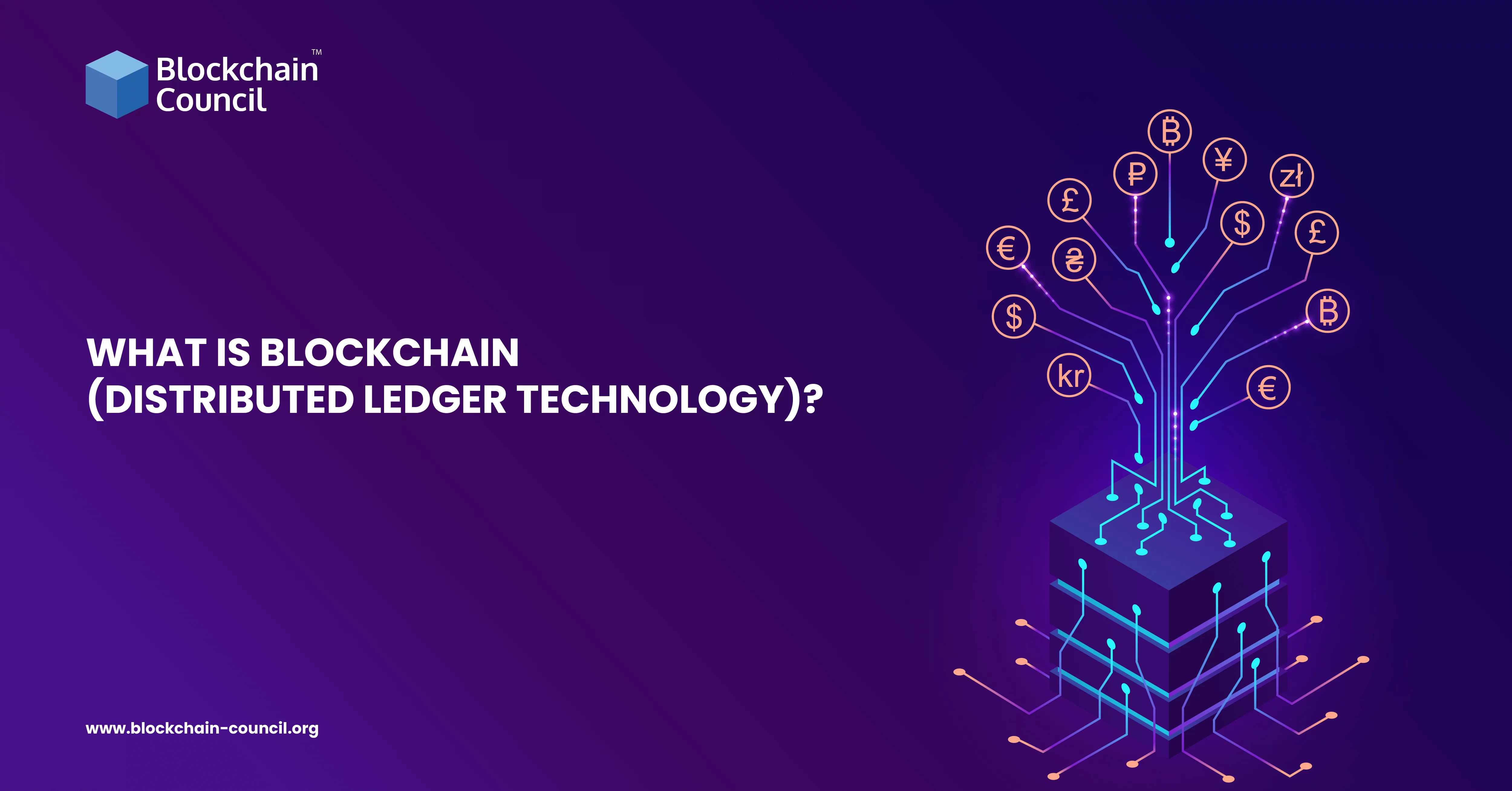
What is KYC & How KYC on Blockchain Can Help?
Know your customer (KYC) is the process of a business, identifying and verifying the identity of its clients. The term is also used to refer

Know your customer (KYC) is the process of a business, identifying and verifying the identity of its clients. The term is also used to refer

If you are building some projects around bitcoin then you might have realized that you have to compile the bitcoin source code to create the

Since now you have learned Solidity, you might be wondering what’s next? [shortcode id=”1983″] You should go & try below options: Create your own cryptocurrency

In this post, we will learn the Solidity language by going through two example. Then we will dig deeper into each & every aspect of

Blockchain is a way out of most of the economic and financial problems of the world. Still though in its nascent stages, it has begun

Smart Contracts are self-executing contracts. Contracts execute themselves and transactions happen automatically when both parties meet the conditions specified as part of a transaction. The

The key issues in document verification for banks and other businesses are in storage, retrieval and access to data. Hence came blockchain technology to solve

Blockchain technology is still in its nascent stages. The BFSI (Banking, Financial Services, and Insurance) sector has begun exploring the technology’s potential. However, there still

KYC is a cumbersome, time-consuming, arduous and expensive process in the banking sector, financial institutions, and other businesses. There are many challenges in KYC processes,

Summary Distributed Ledger Technology (DLT) is a method for recording transactions involving commodities across various locations simultaneously without central data storage. DLT includes public and


Welcome to the Blockchain Council, a collective of forward-thinking Blockchain and Deep Tech enthusiasts dedicated to advancing research, development, and practical applications of Blockchain, AI, and Web3 technologies. Our mission is to foster a collaborative environment where experts from diverse disciplines share their knowledge and promote varied use cases for a technologically advanced world.
Blockchain Council is a private de-facto organization of experts and enthusiasts championing advancements in Blockchain, AI, and Web3 Technologies. To enhance our community’s learning, we conduct frequent webinars, training sessions, seminars, and events and offer certification programs.
To receive Offers & Newsletters
50,000+ Professionals Certified so far by Blockchain Council

Coupon
expires in
Enroll today in any of the popular certifications curated as per the Industry trends.
